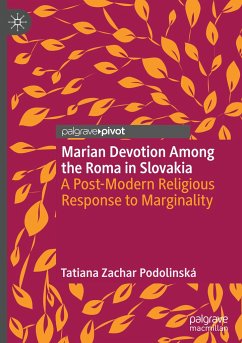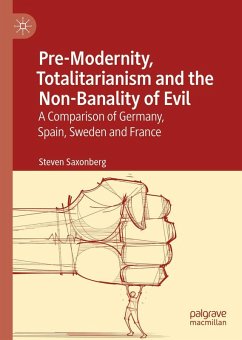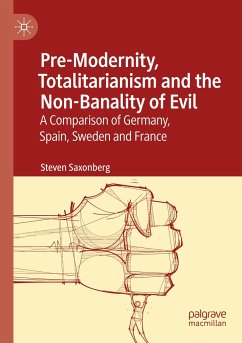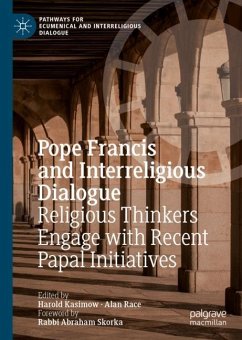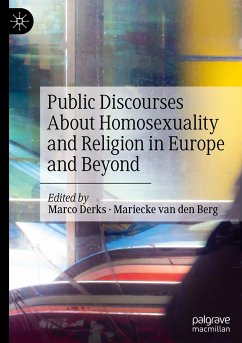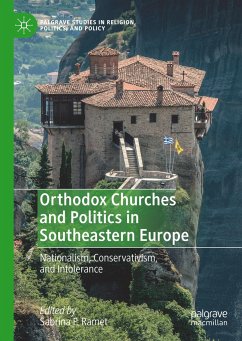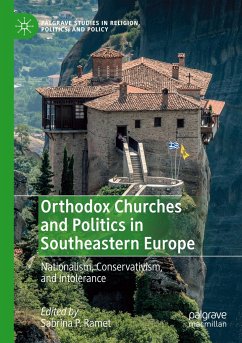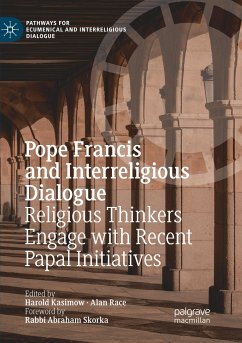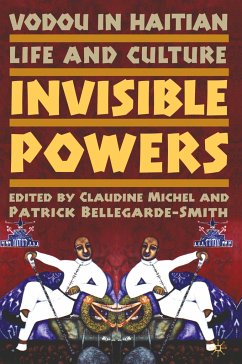
Marian Devotions, Political Mobilization, and Nationalism in Europe and America
Versandkostenfrei!
Versandfertig in 6-10 Tagen
98,99 €
inkl. MwSt.

PAYBACK Punkte
49 °P sammeln!
This volume examines the changing role of Marian devotion in politics, public life, and popular culture in Western Europe and America during the nineteenth and twentieth centuries. The book brings together, for the first time, studies on Marian devotions across the Atlantic, tracing their role as a rallying point to fight secularization, adversarial ideologies, and rival religions. This transnational approach illuminates the deep transformations of devotional cultures across the world. Catholics adopted modern means and new types of religious expression to foster mass devotions that epitomized...
This volume examines the changing role of Marian devotion in politics, public life, and popular culture in Western Europe and America during the nineteenth and twentieth centuries. The book brings together, for the first time, studies on Marian devotions across the Atlantic, tracing their role as a rallying point to fight secularization, adversarial ideologies, and rival religions.
This transnational approach illuminates the deep transformations of devotional cultures across the world. Catholics adopted modern means and new types of religious expression to foster mass devotions that epitomized the catholic essence of the "nation." In many ways, the development of Marian devotions across the world is also a response to the questioning of Pope Sovereignty. These devotional transformations followed an Ultramontane pattern inspired not only by Rome but also by other successful models approved by the Vatican such as Lourdes. Collectively, they shed new light on the process of globalization and centralization of Catholicism.
This transnational approach illuminates the deep transformations of devotional cultures across the world. Catholics adopted modern means and new types of religious expression to foster mass devotions that epitomized the catholic essence of the "nation." In many ways, the development of Marian devotions across the world is also a response to the questioning of Pope Sovereignty. These devotional transformations followed an Ultramontane pattern inspired not only by Rome but also by other successful models approved by the Vatican such as Lourdes. Collectively, they shed new light on the process of globalization and centralization of Catholicism.



